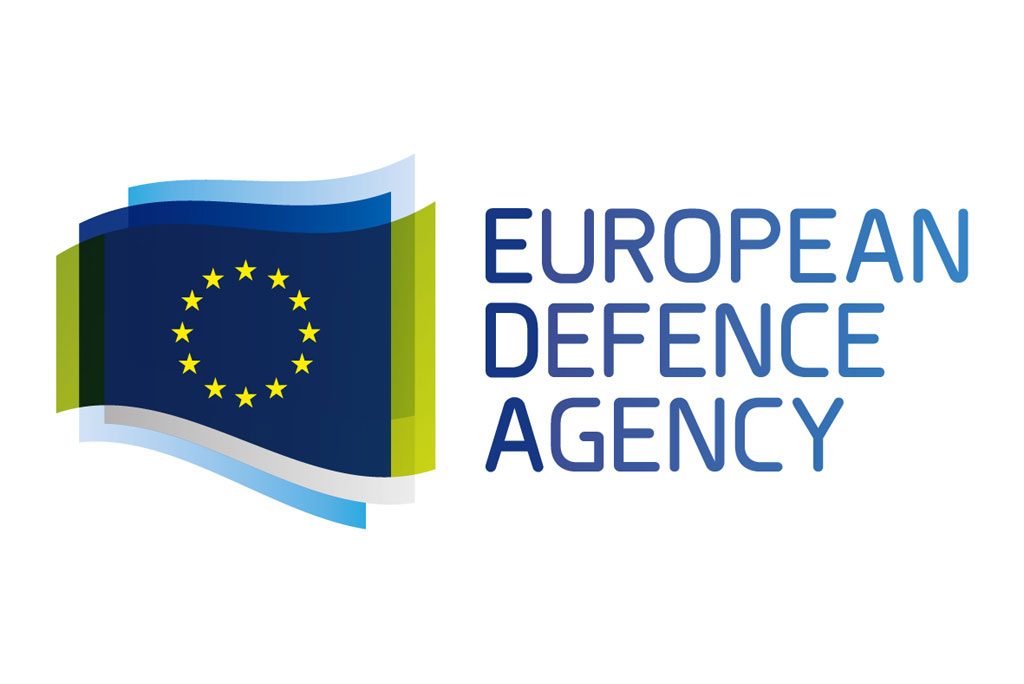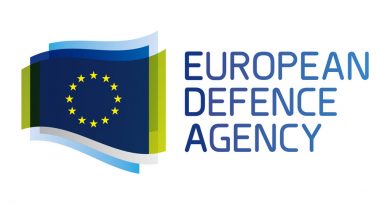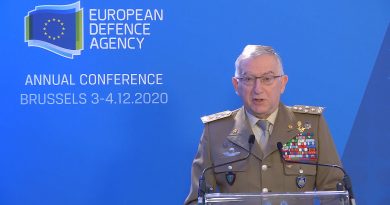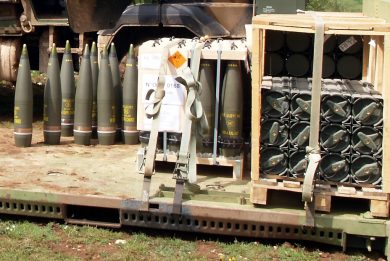
Defence Ministers focus on sustaining EU capability development
Brussels – 16 June, 2020 – The European Defence Agency’s (EDA) Steering Board in the composition of Defence Ministers discussed today how to sustain EU capability development in times of disruptive challenges. Defence Ministers pointed to the need for more collaborative projects, efficiency gains and economies of scale as the most effective way of navigating the current crisis while ensuring that Europe’s armed forced are ready for the future.
In addressing an ever more dynamic security environment, including the impact of COVID-19, Ministers underscored the need for even more multinational cooperation in capability planning and development to overcome an unprecedented and diverse set of challenges. Ministers agreed that the EU defence initiatives advanced since 2016 need to be implemented with more decisiveness than ever before. They stressed the importance of delivering on the binding commitments under PESCO, implementing the EU Capability Development priorities, based on a fully-fledged defence review (CARD), and making full use of the European Defence Fund (EDF) as a powerful incentive at the EU level. Ministers also discussed how to better ensure that Europe has highly resilient and responsive armed forces, which are able to prevent, detect and respond to multiple threats and scenarios.
The meeting, held via videoconference, was chaired for the first time by Head of the Agency, Josep Borrell. It was also the first opportunity for recently appointed EDA Chief Executive, Jiří Šedivý, to address the EDA Steering Board comprising the Ministers of Defence of the Agency’s 26 Member States.
Head of the European Defence Agency, High Representative of the Union for Foreign Affairs and Security Policy and Vice-President of the European Commission, Josep Borrell said: “Whether we are prepared or not to respond to today’s security threats depends on our ability to pull together our resources and act. Today, more than ever, it is crucial to spend better together, rationalise, strengthen our capabilities and deploy effectively to address crises and promote stability. The EU defence initiatives are in place, but to realise their full potential they must be fully integrated into Member States national defence policies and planning processes.”
EDA Chief Executive,Jiří Šedivý, said: “The key priority for European defence will be staying the course and maintaining the EU’s level of ambition on defence, especially now, facing up to unprecedented challenges, including COVID-19. Europe has spent the last few years developing a comprehensive toolbox with the new EU defence initiatives. These tools are now to be put to work to enable deeper cooperation. EDA, as the hub for EU defence cooperation, is there to serve as the preferred platform for Member States defence cooperation”.
Full use of EDA’s potential
Ministers also looked into how the Agency can speed up the process of project generation and implementation at European level, and how it can best support more Member States in cooperative projects and programmes so that these become operational in a timely manner. EDA will examine how to further improve its service to Member States especially in terms of enabling processes and procedures, capability development, training, joint procurement, as well as R&T and innovation.
Next steps: CARD Report
The next EDA ministerial Steering Board will take place in November, when the first CARD (Coordinated Annual Review on Defence) Report will be presented. CARD provides an overview that will allow Member States to better coordinate their defence planning and spending and engage in collaborative projects, improving consistency in Member States defence spending and overall coherence of the European capability landscape. The report will act as a pathfinder to inform future investment decisions on the most promising, most needed and most pressing opportunities for multinational cooperation.



